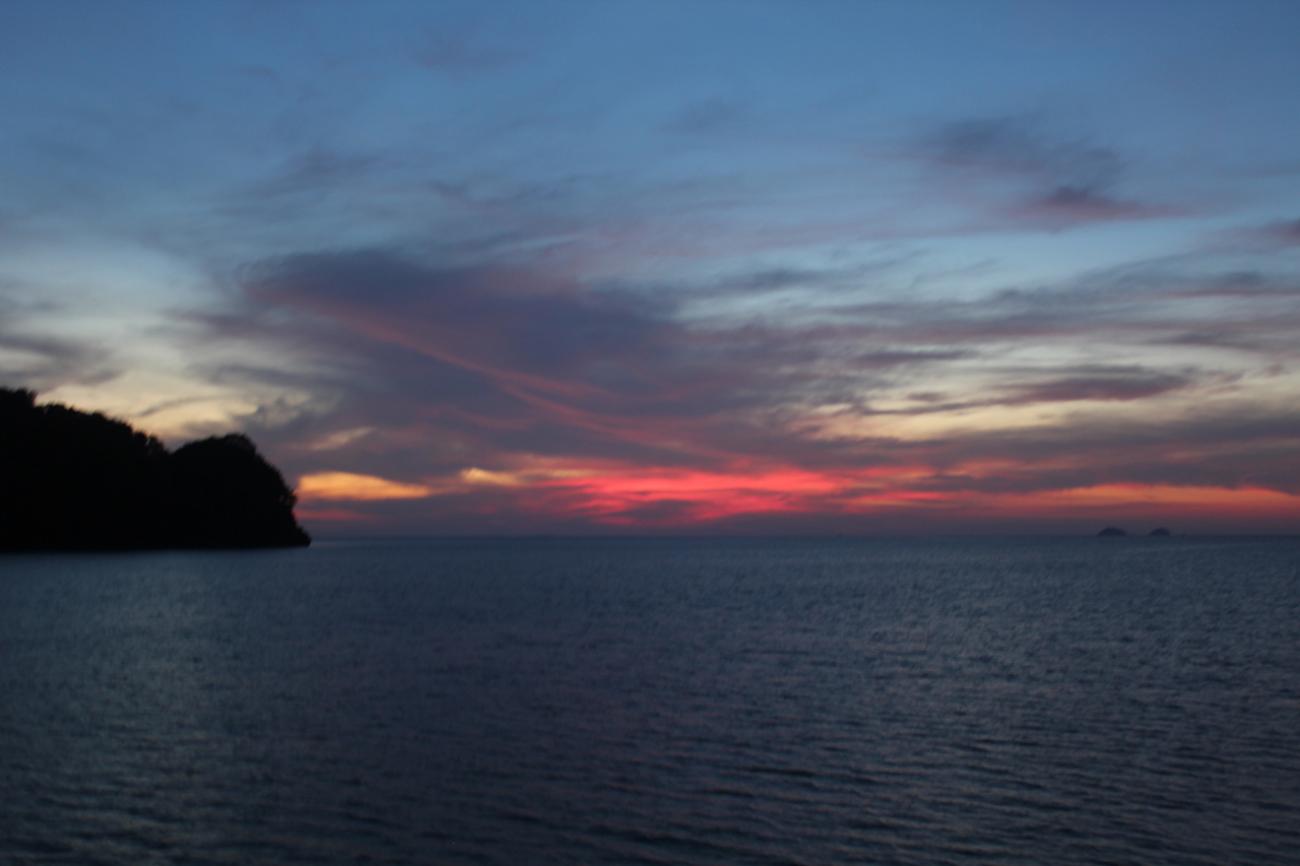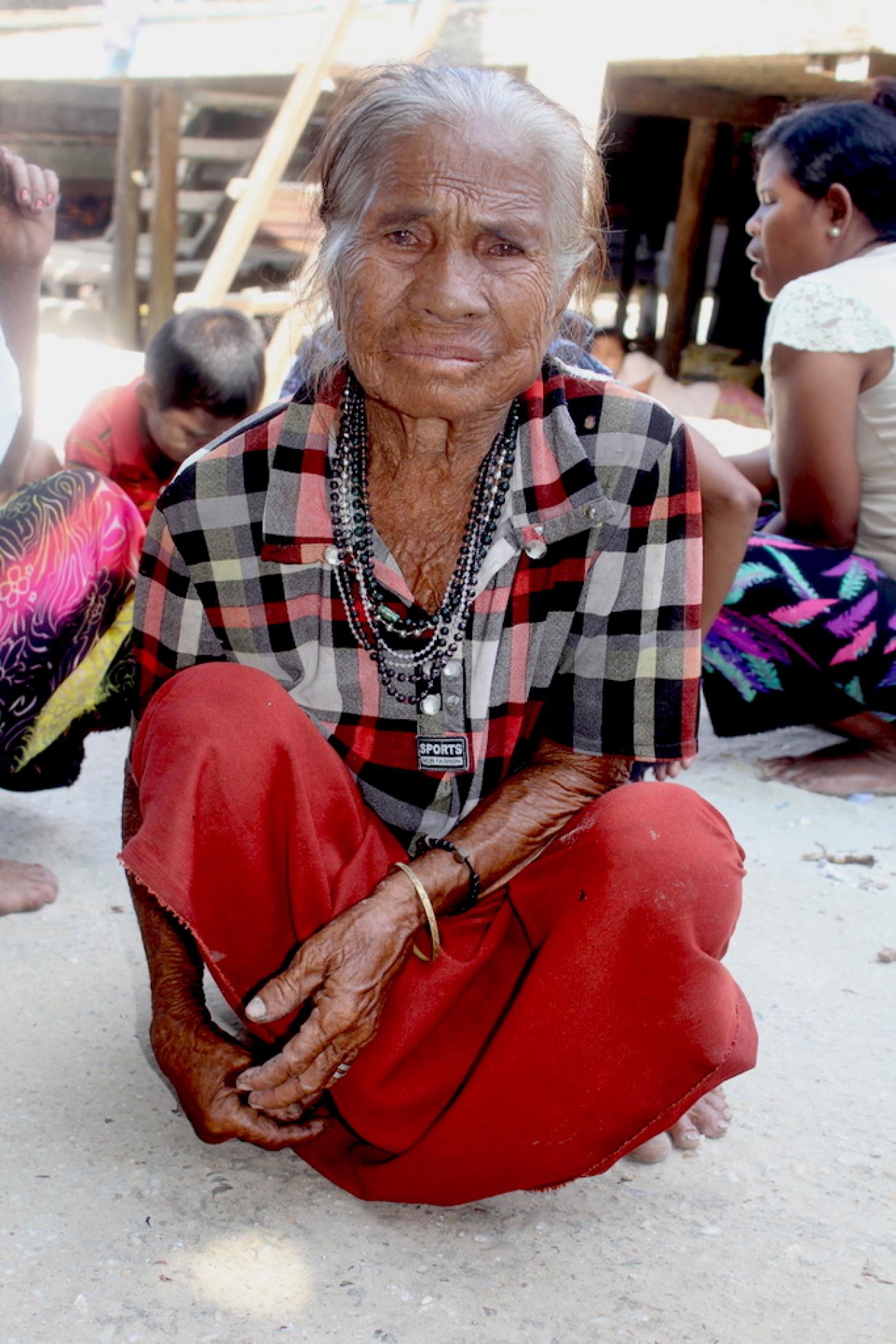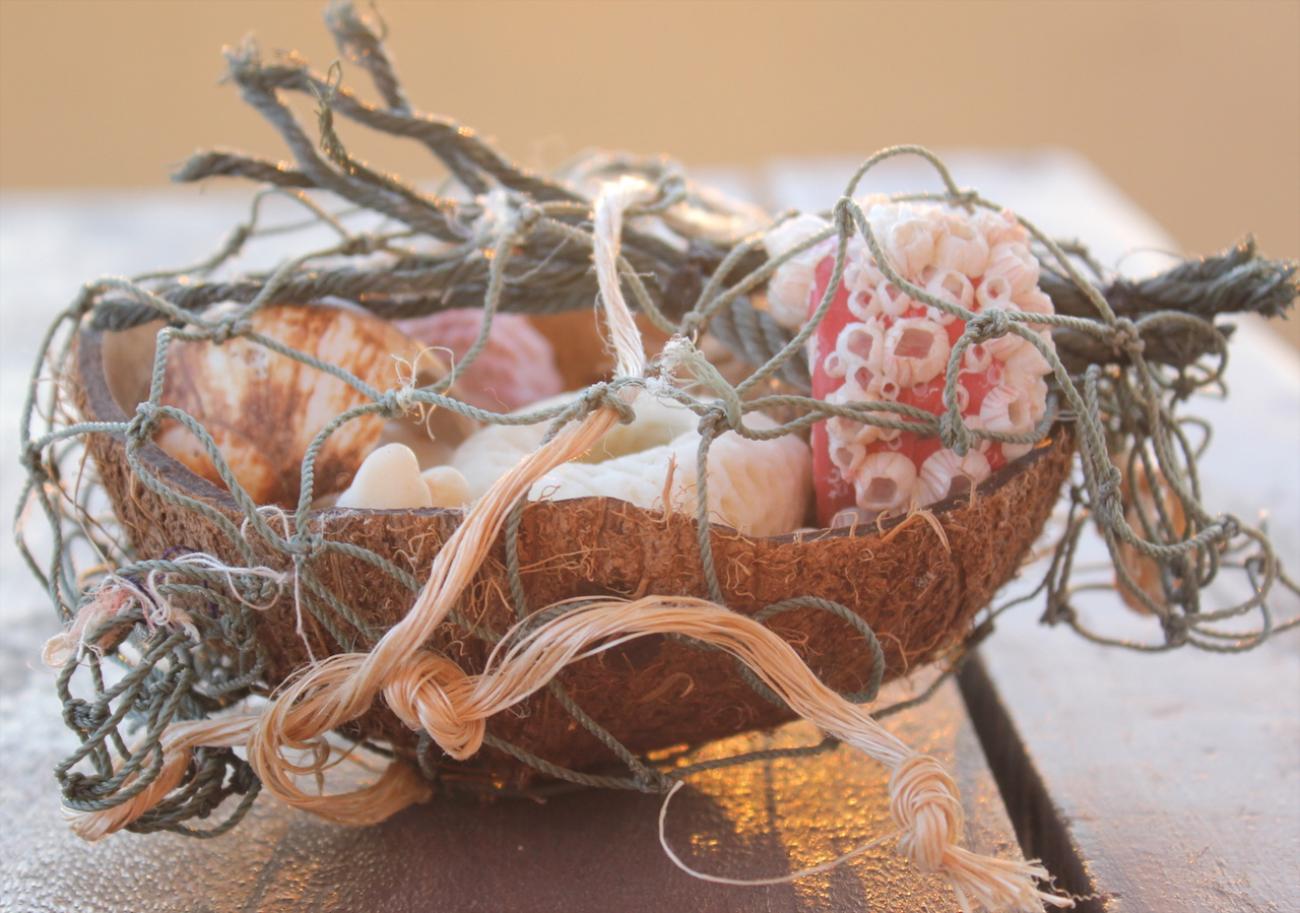After leading our group tour The Sea Gypsies of Burma, Mark Steadman reflects upon his time with the Moken and the state of the future that lies ahead for them in Burma.
Sometimes the uniqueness of a travel experience hits you later; the more you think about those special encounters, those perfect moments – the richer the memories become.
Despite returning to relative tranquility in Laos, my mind still wanders back to the warm waters of the Andaman Sea. To the Burma beyond. To Mejula, the deaf Moken lady with her pet pig. To footprints in sun bleached virgin sand; deserted, shell littered beaches. Sunset kayaking around Marble Island, eventually racing back to the boat as the sky darkened dramatically. Private sunrises. The collection of curious islanders gathered on the shore to greet our inflatable dinghy. The element of spontaneity; the excitement of doing something for the first time. Emerging from a beautiful reef with a scarlet sky silhouetting dark, towering island outcrops. The tranquility of moonlight shimmering on the warm sea. For five days we were to see the footprints of maybe four other westerners among the 800 islands of the Mergui Archipelago.

But things are changing fast. We saw the first signs of development – a concrete pier under construction, a resort to follow. The instantly dislikeable Burmese man in Makyone Galet village who told us (in perfect English) how he was helping the locals to develop their village‘ready for the tourists’.
We were gifted a firsthand insight into the plight of the Moken people (Sea Gypsies), how greed has eroded their traditions as the authorities assimilate them into mainstream Burmese culture. No longer can they build their kabangs, traditional boats that mark a Moken man’s coming of age. How can they honour the spirits of the sea when their freedom to roam these waves is fast disappearing?

Some NGOs advocate schooling the Moken. At what price culturally? To learn to read and write and forget how to dive to thirty metres, lower their heart rates and see underwater? The Moken predicted the Tsunami. Their Laboon legend about the wave that eats people came true. Nature wouldn’t destroy the Moken, but man will. There may be as little as a thousand Sea Gypsies left in the Archipelago, the seas where they migrated to thousands of years ago. You can understand why other ethnic groups in Burma are fighting so hard to protect their traditions. ‘Want’ and ‘take’ don’t exist in Moken language; ironically it’s these modern desires that will destroy them.
It’s not only the Moken people who are under threat. The way of life for islanders will change as the developers move into the archipelago. I was told over 30 tenders are being considered. Tay Za, one of Burma’s most unsavoury cronies has already built two helicopter pads and a private jetty. Singapore's Zochwell Group boasts about their plans to develop "The Next Phuket" with a marina, golf course and casino.

A small collection of seashells in a broken coconut, bound together by old fishing net and rope sits on my table. A reminder of truly unique encounters in a special place. Not just the Burma beyond, but also the world beyond. A world where smiles transcend words, smiles we lose as we ‘develop’. Merjula’s world; a fast disappearing world.
